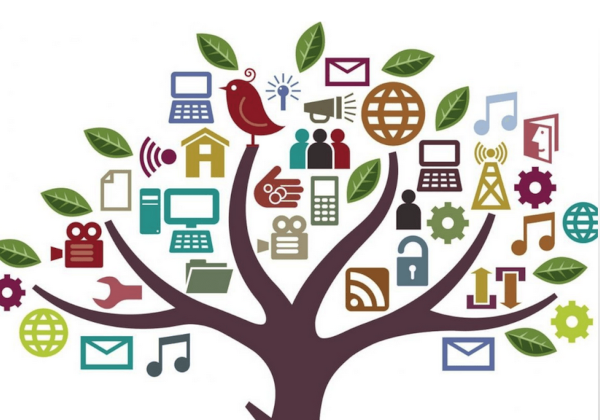How Good is Wikipedia as a Source?

Author: Bill Chapman: email

We have many sources of information at our disposal, and some are more reliable than others. How choosy one should be about information depends upon the context.
Wikipedia is, at the very least, a good source of links to other, potentially more reliable sources, since an article that meets Wikipedia standards cites sources for every claim that it makes.
Somethiing written by a team is more reliable that something written by a single person.
Something that is subject to cross-examination and correction is more reliable than something that is written and then not subject to cross-examination and correction.
All sources have some bias. You need to be aware of their bias and correct for it.
Certain types of information such as simple facts are more reliable from a variety of sources than say, ideological opinions and generalizations. But from really bad sources like infographics, even simple facts are unreliable.
- Note, however, that I've found that mainstream media newspapers like the NYT or Washington Post are highly unreliable when talking about anything related to identity politics -- they are extremely biased in that area, and if any reporter at those organizations challenges woke dogma, the other reporters will try and probably succeed at getting them fired, something that has happened to many reporters at this point, and they wind up having to support themselves by posting on independent, for-profit blogs
- In the right-wing media, some writers who are too adamantly opposed to Trump wound up meeting the same fate.
- If you are familiar with the source, have seen the person say a lot of credible things, and you have reason to believe that they are highly intelligent, then this is pretty credible.
- If you've seen the person say things that aren't true, or shows sign of low intelligence, then it's not a reliable source.
- One-or-two-sentence infographics on social media are no more reliable than a sentence typed in by the person who shares them. Any idiot can just type text into Photoshop and share it. I see wildly inaccurate statistics posted on infographics constantly.
- Some entire social media platforms, like Twitter, is biased toward a particular viewpoint. Far-left woke liberals absolutely dominate Twitter by mobbing anyone they disagree with and deliberately ruining their careers (otherwise known as "canceling"). Also different social media appeal to different age groups and political viewpoints.
Perfectionism in sources can be a very bad thing. If someone cites a source you disagree with and you want to rebut it, it is incumbent upon you to cite a better source, or explain why the story is logically flawed or otherwise offends common sense. It is not enough to say "Your source is unreliable." and leave it at that.
People are more likely to believe something if they hear it many times, in spite of the news sources being unreliable. For example, when I was researching climate change and climate skepticism, some of the climate skeptics were blanket anti-environmentalists, and I heard from a couple of these sources that the pesticide DDT was phased out in the 1960's as a consequence of the book "Silent Spring", which resulted in a failure to suppress mosquito populations in tropical countries, resulting in millions of malaria deaths. A more reliable source debunked this idea, pointing out that DDT wasn't even banned in the 3rd world.
Another story was "Songbird McCain". I heard about this around 2019. If you Google "Songbird McCain", you'll find a lot of sources, generally obscure ones you're never heard of. They claim that when John McCain was captured by the North Vietnamese, he cracked under torture and gave them valuable military information, and by some accounts went on the radio broadcasting communist propaganda that was heard by American troops.
A right-wing friend of mine who is pretty smart said he'd heard that and it was true.
I found this very hard to believe, since McCain was the Republican nominee for president in 2008, which would not have been possible if the "Songbird McCain" story had been true. The fact-checking website Politifact investigated and rated the story as a "Pants on Fire!" lie.
A reporter at Fox News reported the "Songbird McCain" story after the intense antipathy between Trump and McCain developed, and was fired the next day. So "Songbird McCain" is below the journalistic standards of Fox News.
I've frequently seen liberals post infographics showing a highly misleading pie chart of "US government spending" of which defense is a huge share. But investigation shows that they are just including federal "discretionary spending", which is a minority of even federal government spending and does not including "entitlements" such as Social Security or Medicare, both of which are individually in the same ballpark as military spending, and discretionary spending also fails to include state and local spending.
It should be kept in mind that in most debate on social media, the conversation would improve a lot if people backed up what they were saying with links to Wikipedia. People are often making statements based on no evidence at all, or on less reliable sources.